Field tours are a powerful teacher because they are an ideal way to see how farm and forestry practices work in the real world. Consider the experiences of others who are dealing with and adapting to increasing rainfall intensity and other weather and climate risks in the Northeast. Meet the people who are addressing these issues in our region, and learn more about practical strategies to adapt to climate change. Leave your field boots behind this time though, and visit our virtual network of climate-informed demonstration sites.
The USDA Northeast Climate Hub partnered with University of Delaware, and other USDA and land grant collaborators in our region to showcase these existing farm and forest sites. The innovative 360° photography and videos offer an interactive experience. Visit for virtual learning and discovery.
-
Prescribed Burning on the Penobscot Experimental Forest
Researchers on the Penobscot Experimental Forest in Maine are seeking to understand how prescribed burning and timber harvesting impact a forest already affected by climate change.
-
Going to Extremes at HBEF
Take a closer look at how scientists use forest experiments to study forest response to extreme weather events, such as ice storms, drought, and warming. Learn about how these types of events impact northern hardwood forest ecosystems.
-
UMES Permeable Reactive Barriers
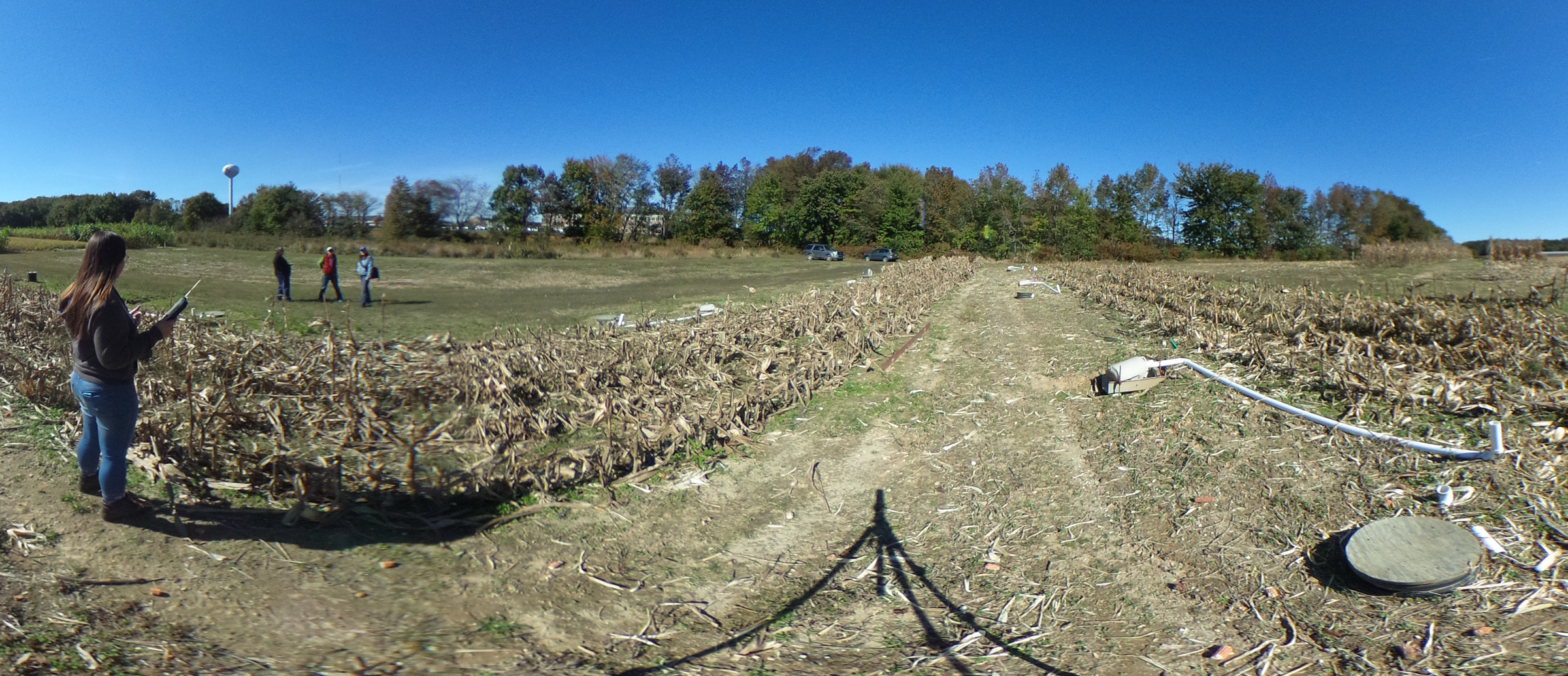
At the University of Maryland Eastern Shore (UMES), researchers are studying permeable reactive barriers to determine if this treatment can limit the transfer of leached nutrients from fields to nearby surface waters.
-
Milkweed at Borderview Farm
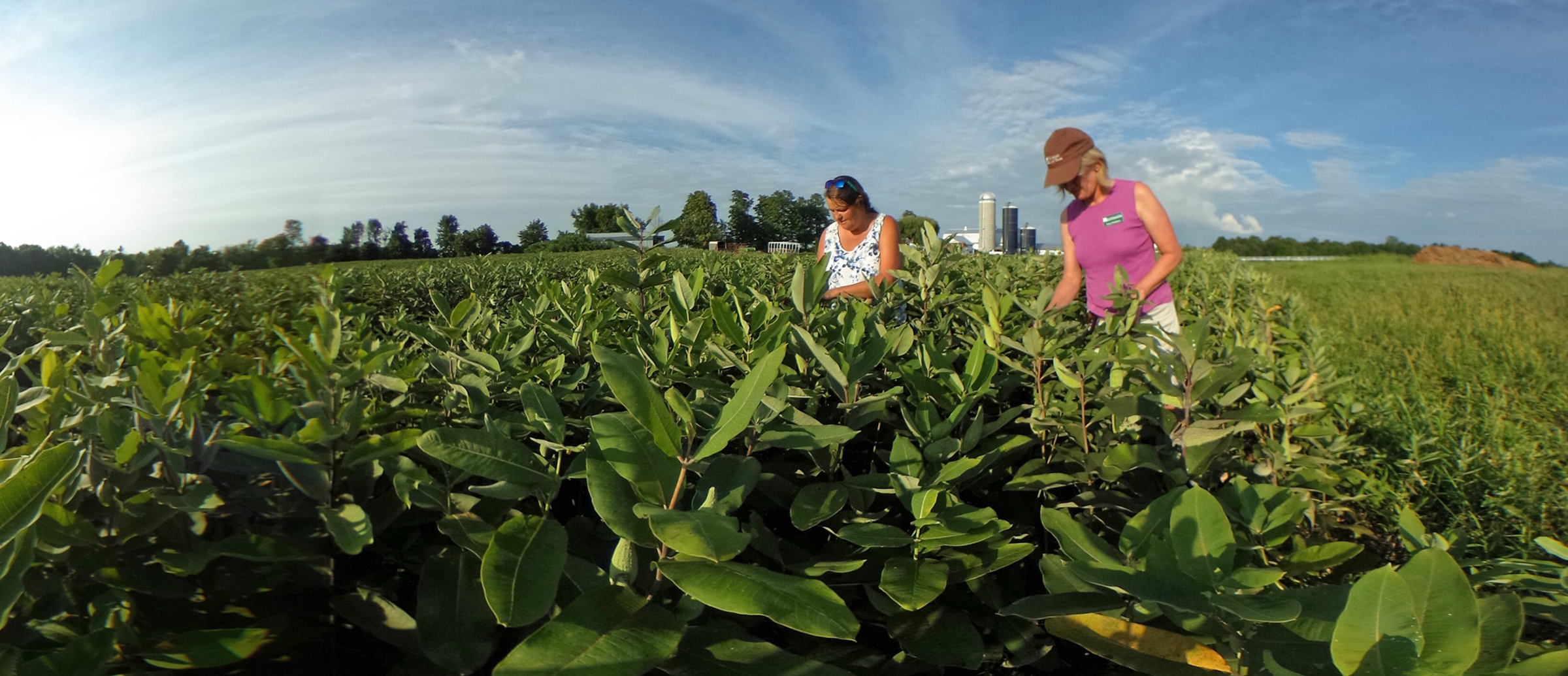
To farmers, milkweed is commonly viewed as a weed. However, Borderview Farm and UVM Extension are looking to change that view. Together, they are researching the potential of milkweed as an agricultural fiber crop.
-
University of Maryland Ornamental Irrigation Research
Nurseries and greenhouses are intensive production spaces where careful water management is critical to business. As the climate changes, efficiently managing water resources will be essential to maintaining water security in the future.
-
Sustainable Dairy Cropping at Penn State
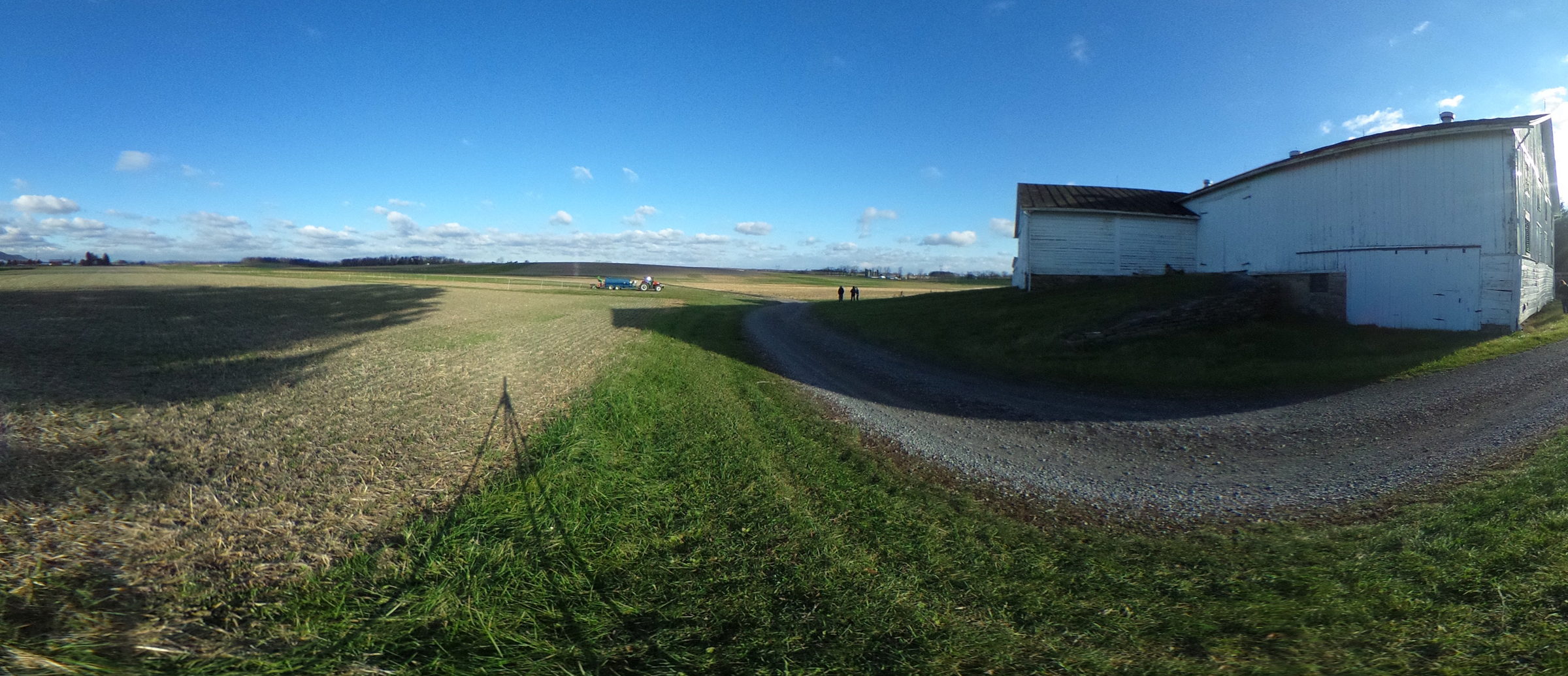
Penn State University researchers are studying cropping systems that can make dairy farming more sustainable in the face of a changing climate.
-
UMaine's Highmoor Farm
Many growers across Maine have already started to experience the trend towards longer growing seasons with slightly warmer summers and slightly milder winters. However, these new opportunities also come with a cost.
-
Blueberries, Pollinators, and Pests with WVU
Crops and their pollinators are being affected by increasing temperatures. Researchers at West Virginia University are studying the effects and are looking for ways to reduce the impacts of climate change.
-
UVM Dairy Farming Research
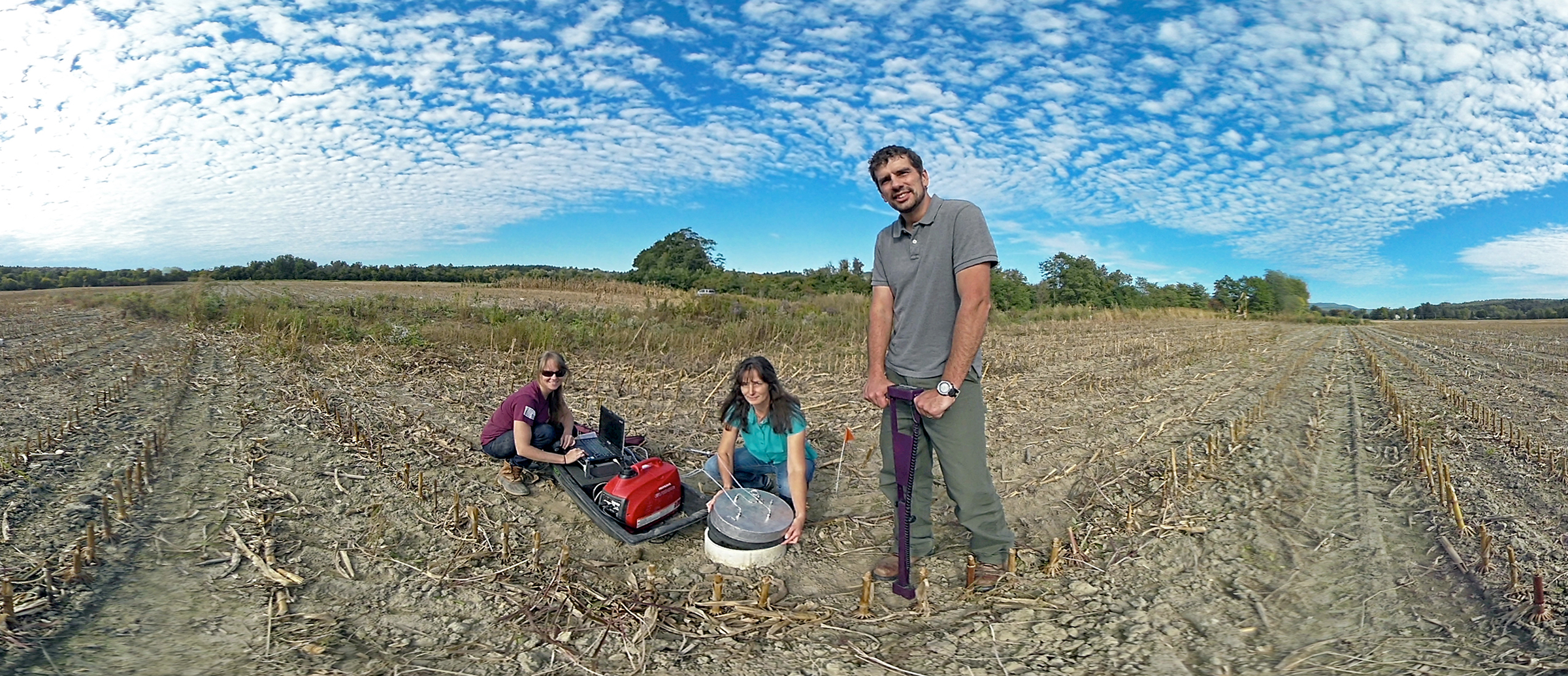
Research at dairy farms in Vermont shows how management practices can affect water quality, economics, and greenhouse gas emissions.
-
Woodman Horticultural Research Farm at UNH
Discover how farmers can adapt to climate change by managing insect pests and growing new crops and varieties.
-
Yale-Myers Forest Orchard
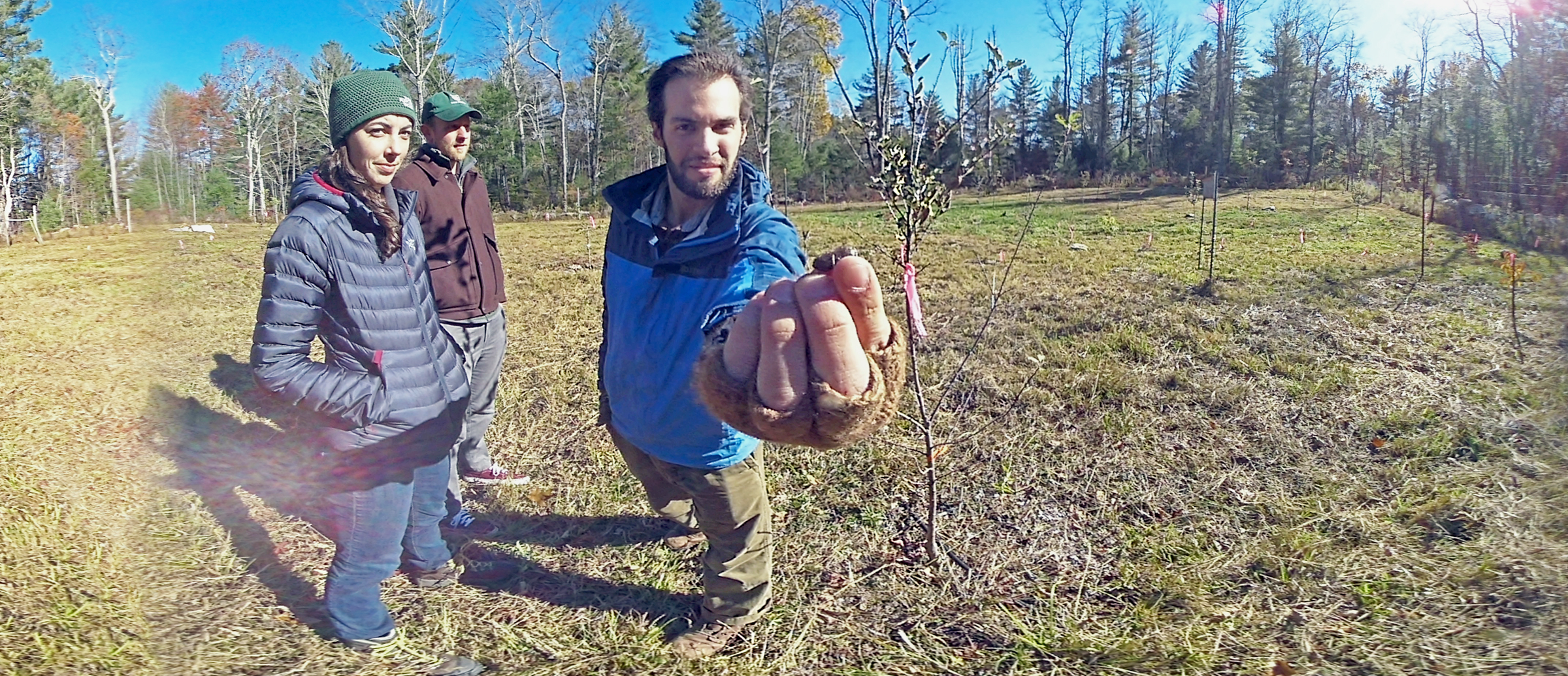
As the climate changes, regions that were once too cold for some tree species to grow are now becoming suitable habitat. This small-scale agroforestry site addresses pests, weeds, drought, and erosion in a diverse orchard.
-
UMass Permaculture
The University of Massachusetts is leading the way in sustainability by growing food at five permaculture gardens on campus. The gardens educate students and the public about sequestering carbon and building resiliency to climate change.
-
Living Shorelines
Rutgers University helps partners, U.S. Fish and Wildlife Service, The Nature Conservancy and the Partnership for the Delaware Estuary, build a living shoreline along the Delaware Bay shore to reduce the impacts of future storms.
-
Irrigation Research at UD
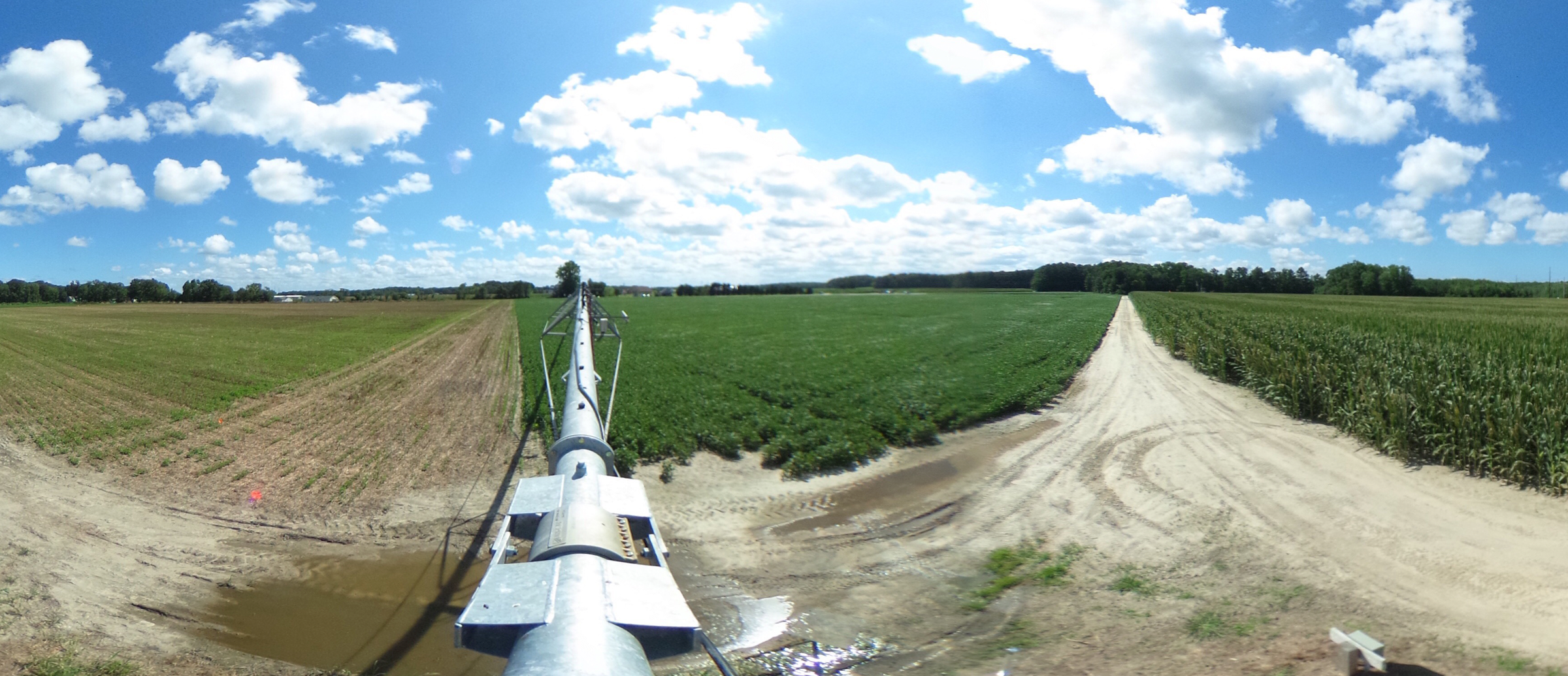
At the University of Delaware's Warrington Irrigation Research Farm in Harbeson, Delaware, researchers are improving irrigation to boost crop yields and manage soil and water resources.
-
Cornell Biochar and Compost Facilities
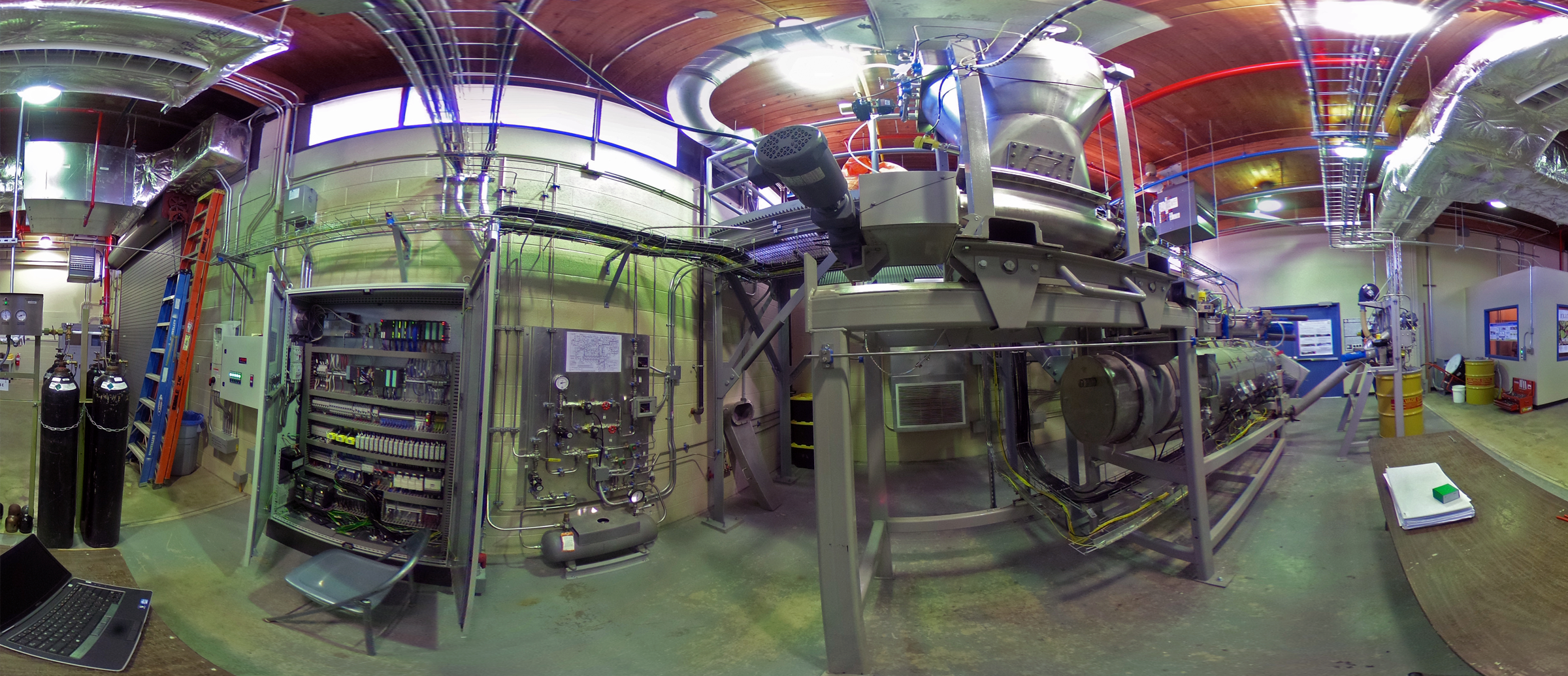
To deal with their organic wastes, Cornell is using slow pyrolysis to create biochar, and also composting. Both can be used as soil amendments and to sequester carbon.
-
UDC Urban Farm
The University of the District of Columbia showcases an urban food hub at the East Capitol Urban Farm and helps address food security issues that will continue to be challenged under changing climate conditions.
-
Agroforestry at Angus Glen
Angus Glen Farms demonstrates silvopasturing. This agroforestry practice blends the sustainable production of livestock, forage, and trees on the same land.
-
Monongahela Forest Restoration
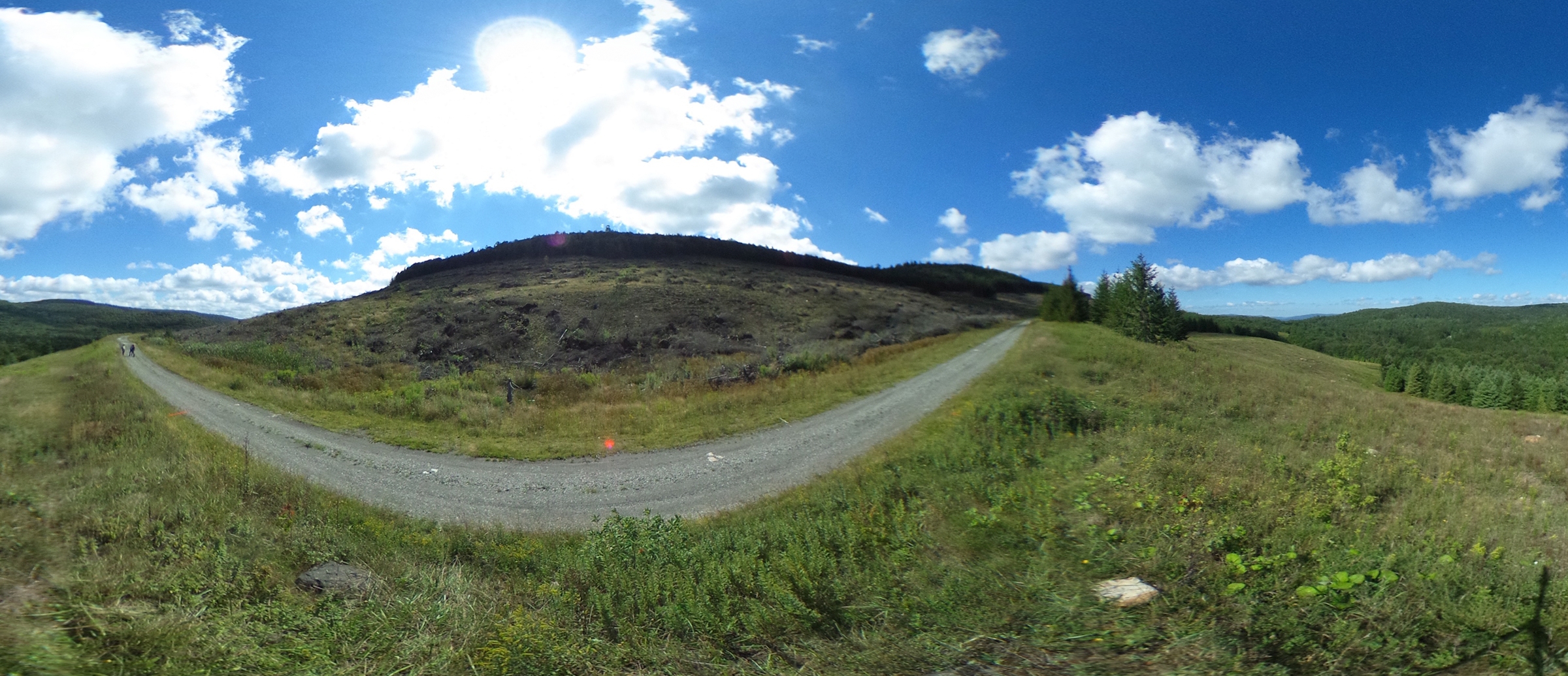
The U.S. Forest Service is working with partners to restore a spruce ecosystem in the Monongahela National Forest. The Lambert area had previously been mined. The community wants to consider the changing climate during restoration.
-
Building Resiliency at the Rockaways
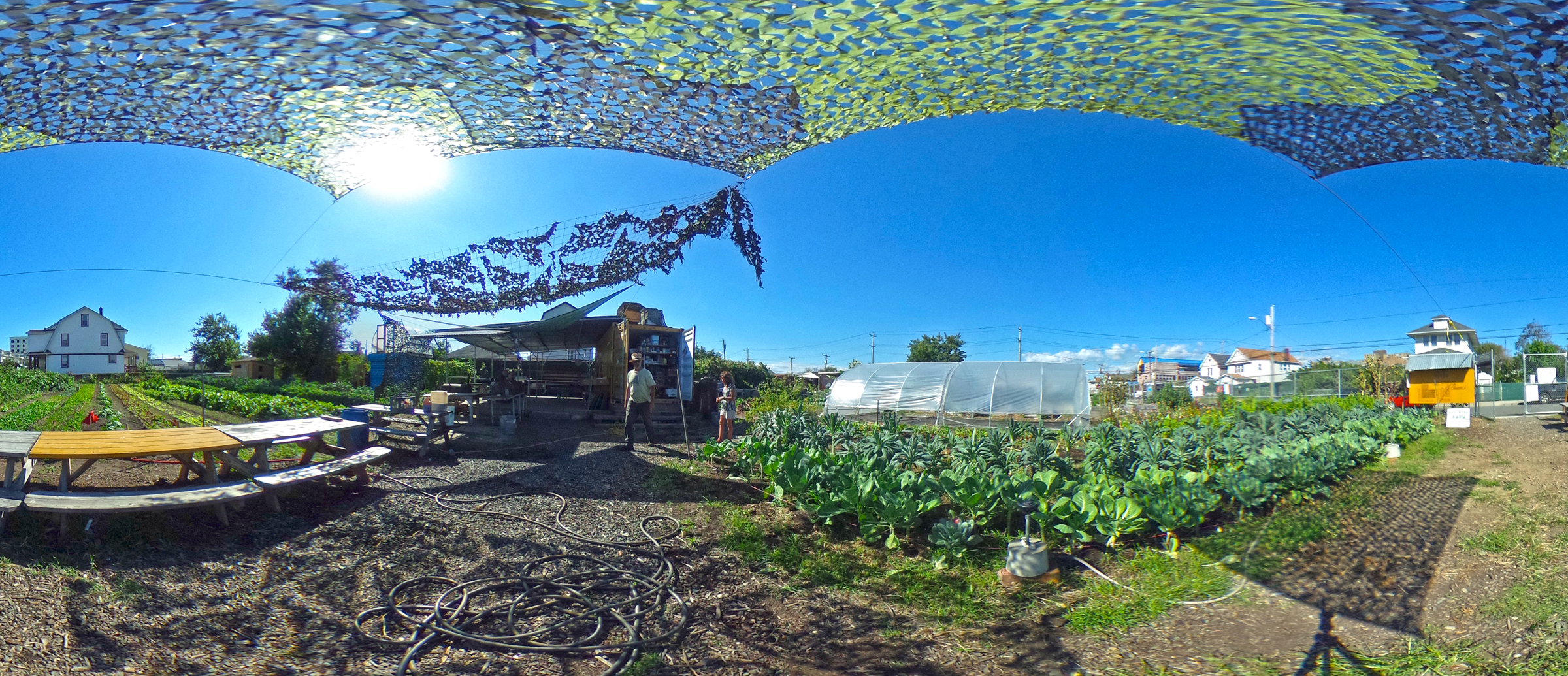
The U.S. Forest Service is building stewardship on the Rockaways Peninsula in New York City. By using urban forestry principles, the community is learning what it takes to adapt to the changing climate.
-
URI's Agronomy Farm
Conducting research and outreach on high tunnel production, use of cover crops, and crop insurance to help farmers adapt.
-
Dickinson College Farm's Silvopasture
The Dickinson College Farm demonstrates silvopasture management and adaptive management techniques.
-
Forest Management with Providence Water
Experimenting with climate adaptation strategies in response to forest health challenges at Providence's Scituate Reservoir.
-
Worcester's Urban Forest
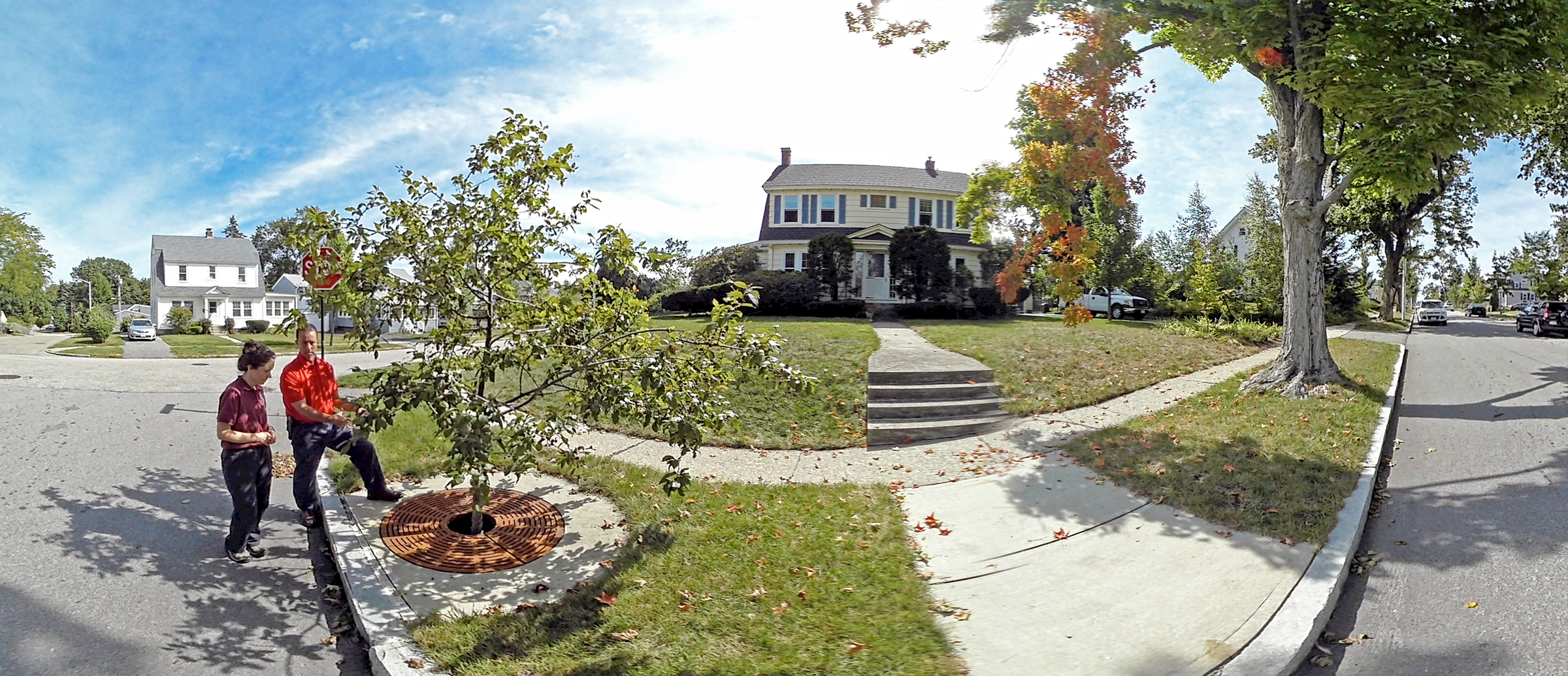
Rebuilding Worcester's urban forest with the community after an Asian Longhorned Beetle (ALB) infestation.
-
High Tunnels at DSU
The Delaware State University (DSU) Outreach & Research Center provides a demonstration of high tunnel designs and best practices for small farmers to protect and improve their operations in a changing climate.


